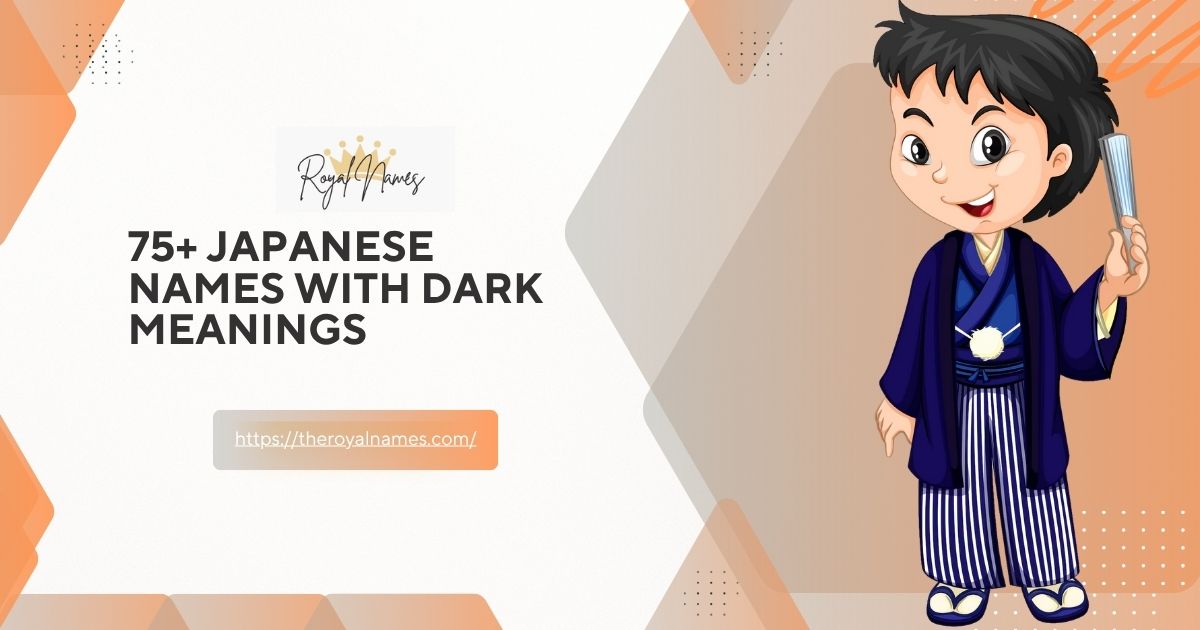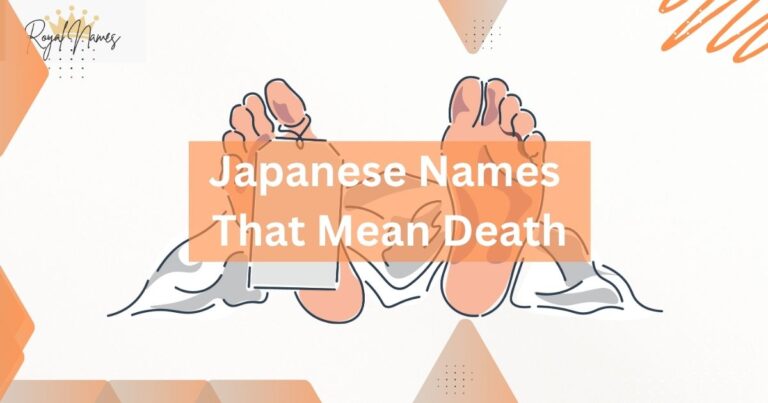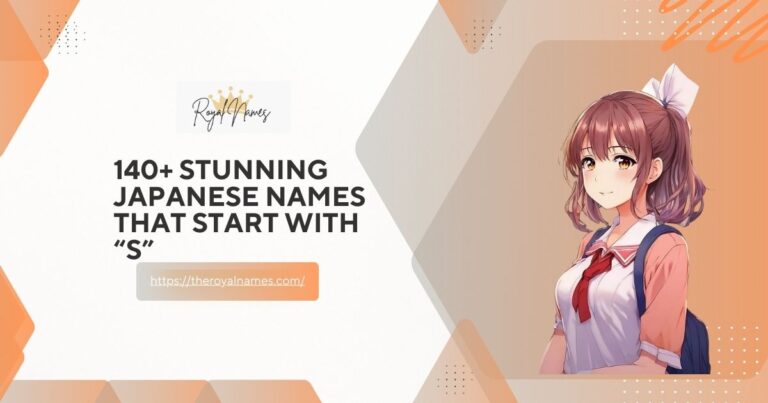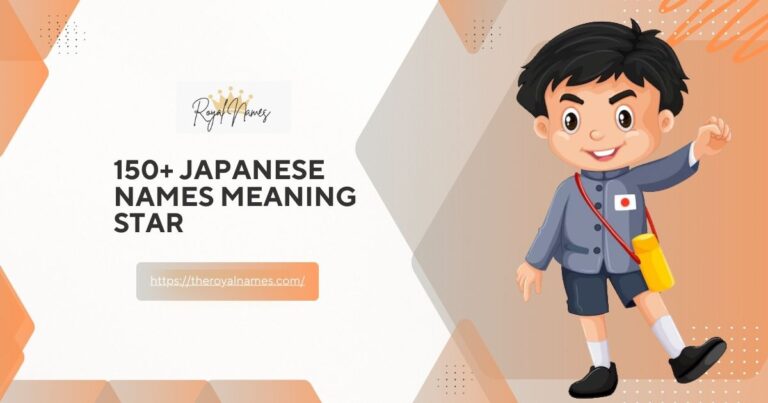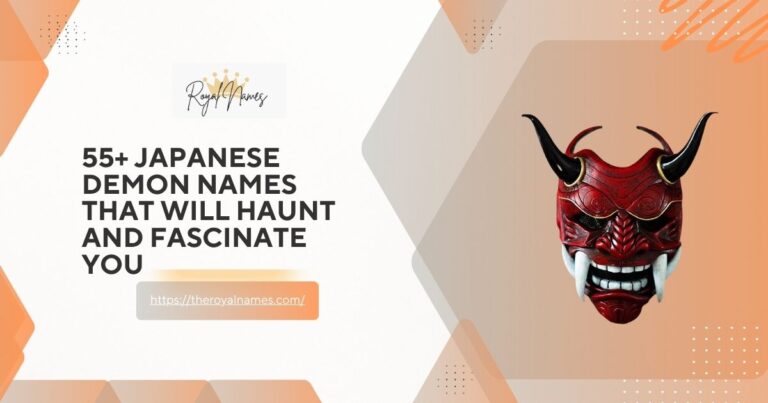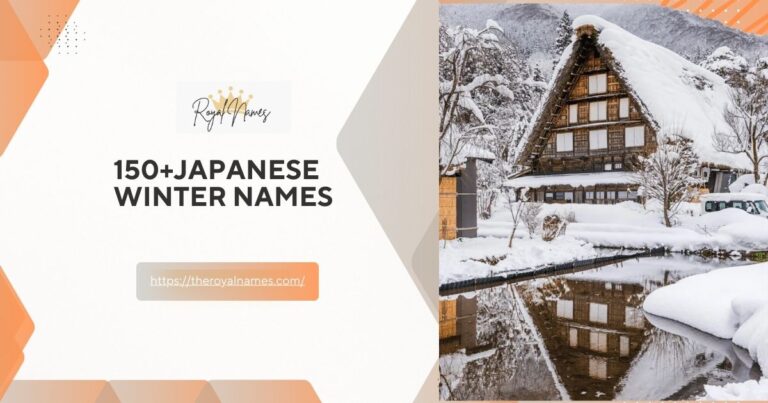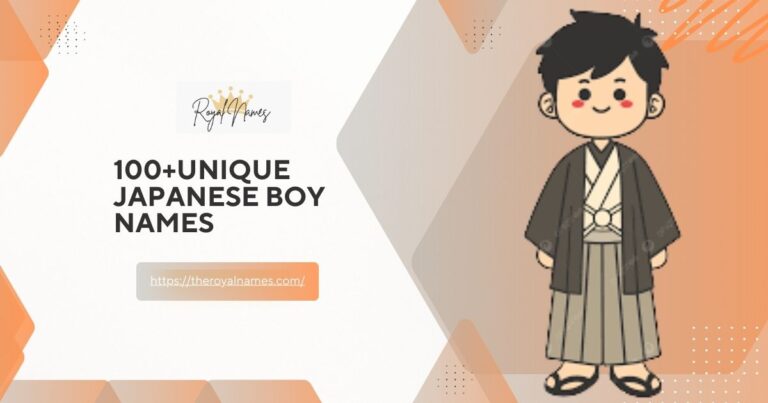75+ Japanese Names with Dark Meanings: A Guide to Mysterious Beauty
Japanese Names with Dark Meanings reflect profound stories that can be both enchanting and unsettling. This article covers the intriguing world of Japanese names with dark meanings, shedding light on their origins and significance. Japanese names that mean dark reflect a deeper appreciation for the complexity of Japanese culture.
Japanese name for darkness meanings offer a fascinating glimpse into a culture that intertwines beauty with the macabre. In this article, we will delve into the stories behind these names and reveal how they reflect societal fears and historical events.
Best Japanese Names with Dark Meanings
Japanese last names with dark meanings carry profound meanings, and some delve into darker themes that resonate with the complexities of human experience. The names, steeped in folklore, reflect Japan’s deep-rooted beliefs about the afterlife and the consequences of unresolved emotions.
These names can evoke a sense of mystery and intrigue, inviting deeper contemplation about life and death. In Japanese culture, black has multifaceted connotations; it signifies both elegance and the ominous weight of sorrow.
It offers a unique lens through which to explore themes of resilience and transformation amidst adversity. By this individuals not only connect with rich cultural stories but also celebrate the beauty found within shadows and complexities of life.
Names
- Kuro
- Yami
- An
- Yoru
- Mei
- Shin
- Oku
- Kurai
- Yami
- Ankoku
- Meian
- Kage
- Kurayami
- Sumaru
- Rikuto
Cool Japanese Names with Dark Meanings
Japanese names often carry profound significance, intertwining beauty with deeper, sometimes darker meanings. This name not only evokes the haunting aspects of Japanese culture but also reflects the belief in the spiritual world.
This name embodies strength and resilience, often associated with characters who defy odds and challenge societal norms. Exploring names like these reveals a fascinating duality where darkness becomes a source of empowerment and intrigue.
Names
- Ankoku
- Ankokuji
- Sora
- Daiki
- Kage
- Zetsubo
- Amatsu
- Shinigami
- Kageaki
- Kagehoshi
- Kagetora
- Kageyama
- Kokumo
- Kumori
Japanese Boy Names Meanings Dark
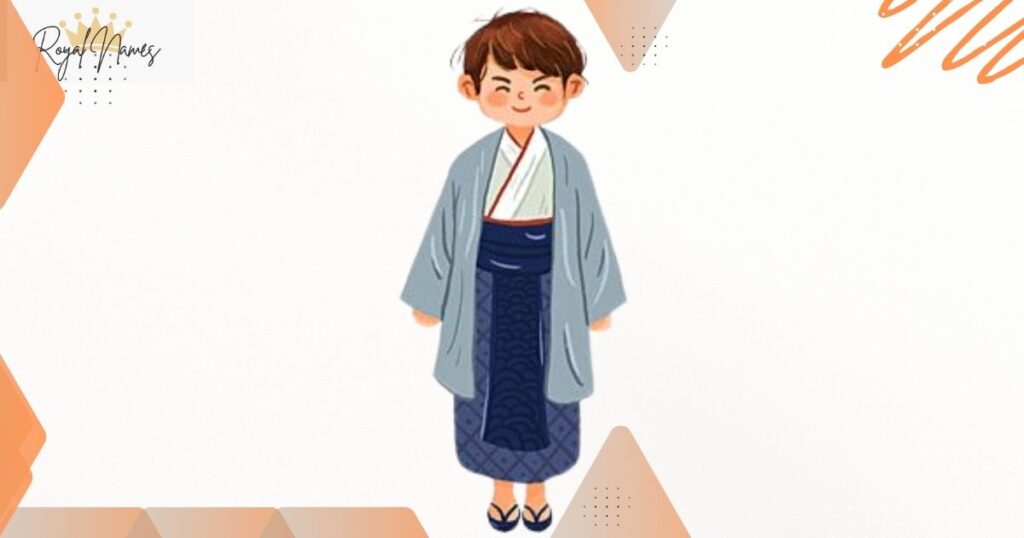
- Takane
- Shikage
- Kagehiko
- Raito
- Kurao
- Kurosawa
- Nagatsuki
- Kagetsu
- Masakage
- Toguro
- Yorikage
- Kagen
- Kurai
- Yami
- Mikage
Japanese Girl Names Meaning Dark
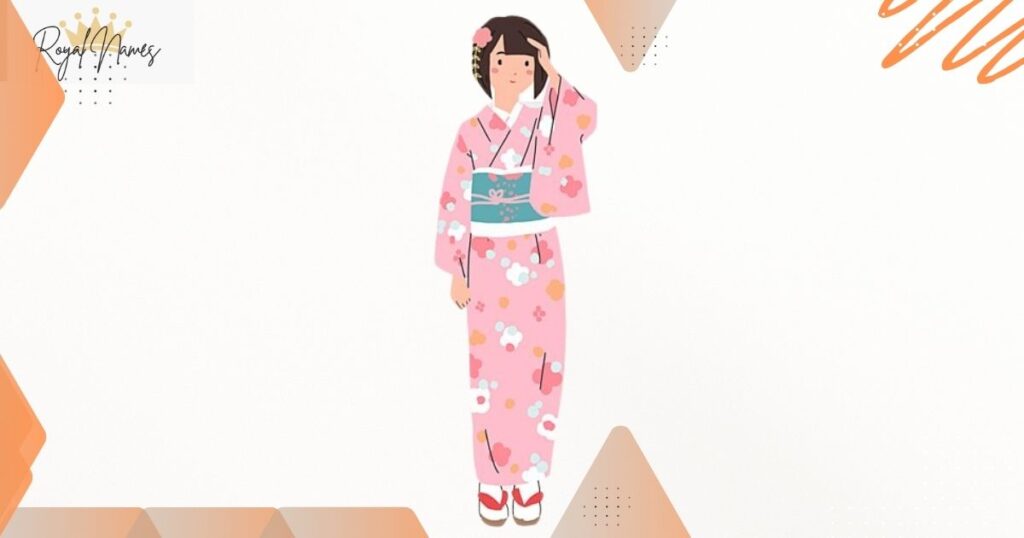
- Kumori
- Kuragari
- Shizuku
- Kageko
- Mayoi
- Higure
- Sumire
- Kokage
- Kurai
- Yami.
- Onryo
- Majo
- Kuro
- Akuma
- Shi
- Yoroi
- Kage
Japanese Surnames with Dark Meanings
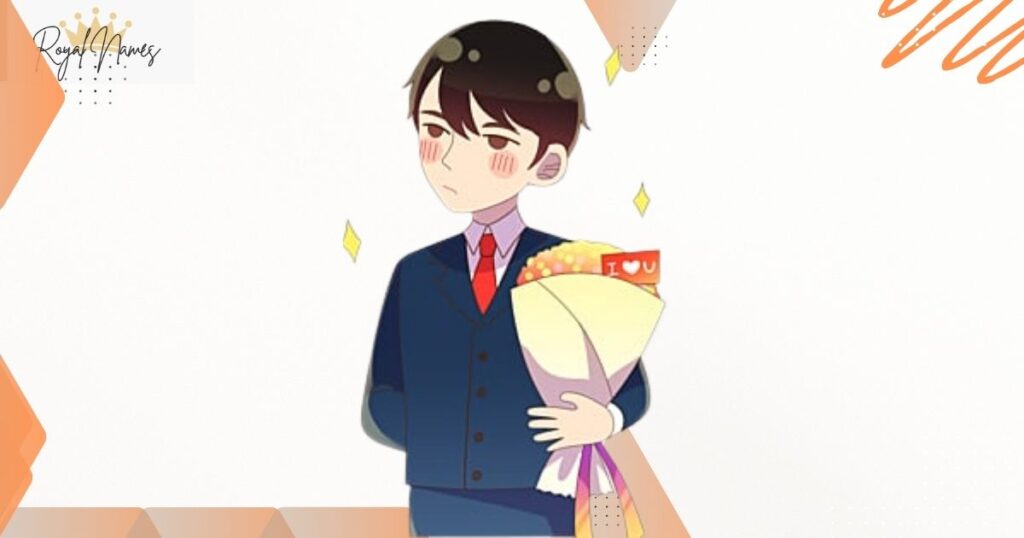
- Mikazuki
- Natsume
- Kuroha
- Fuyuko
- Tsukiko
- Komorebi
- Kurou
- Anrai
- Kagome
- Ame
- Nozomi
- Rikuya
- Hanae
Gender Neutral Names with Dark Meanings
- Kurozora
- Kurage
- Kurokage
- Kagami
- Yorunami
- Kurohane
- Yamiya
- Yorukage
- Totsu
- Kurogami
- Yorugami
- Kuroshiro
- Kurahashi
- Kuroyume
- Kageya
Popular Japanese Names with Dark Meanings
- Anri
- Yamirokku
- Shin’ya
- Shingetsu
- Yamitsuki
- Yamikage
- Kuroyami
- Yoruhikari
- Mayoi
- Akumu
- Ankok
- Kuroi
- Yamiyo
- Kuragari
- Enma
Conclusions
Japanese Names with Dark Meanings reveals a fascinating interplay between language, culture, and history. These names often carry deep significance, reflecting the complexities of human experience and emotion.
FAQs
What does kochou mean?
“Kochou” (蝶) is a Japanese word that translates to “butterfly” in English. In Japanese culture, butterflies are often seen as symbols of transformation and beauty.
What does hikaru mean in Japanese?
In Japanese, “Hikaru” (光) primarily means “light” or “radiance.” It is often used in various contexts, such as describing sunlight, brightness, or a sense of clarity and enlightenment.
What does Aiko stand for?
“Aiko” is a Japanese name that translates to “beloved child” or “child of love.” It is often used for girls and carries connotations of affection and warmth.

